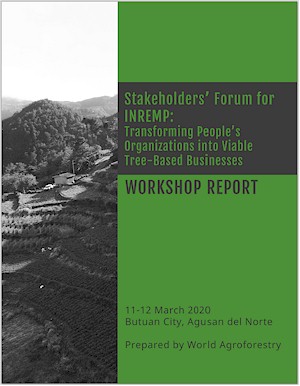Throughout Africa, feelings towards crocodiles vary according to the danger or fear experienced by communities living alongside them. Crocodile conservation programmes must therefore be based on reliable assessments of cultural attitudes towards these reptiles. In this study, we interviewed a random sample of 300 persons in six states in southern Nigeria to determine their perception of crocodiles. Our results revealed that most respondents were very familiar with crocodiles, with animals being regularly sighted but only in small numbers. Most interviewees were aware of just two crocodile types, consistently describing the dwarf crocodile (Osteolaemus tetraspis) and the West African Nile crocodile (Crocodylus [niloticus] suchus); only a minority of respondents reporting they were aware of the West African slender-snouted crocodile (Mecistops cataphractus).
Download:
DOI:
https://doi.org/10.33256/hj30.2.112116
Dimensões Contagem de citações:




















